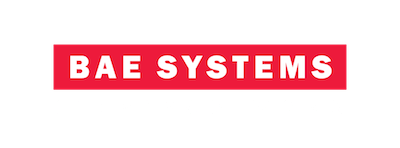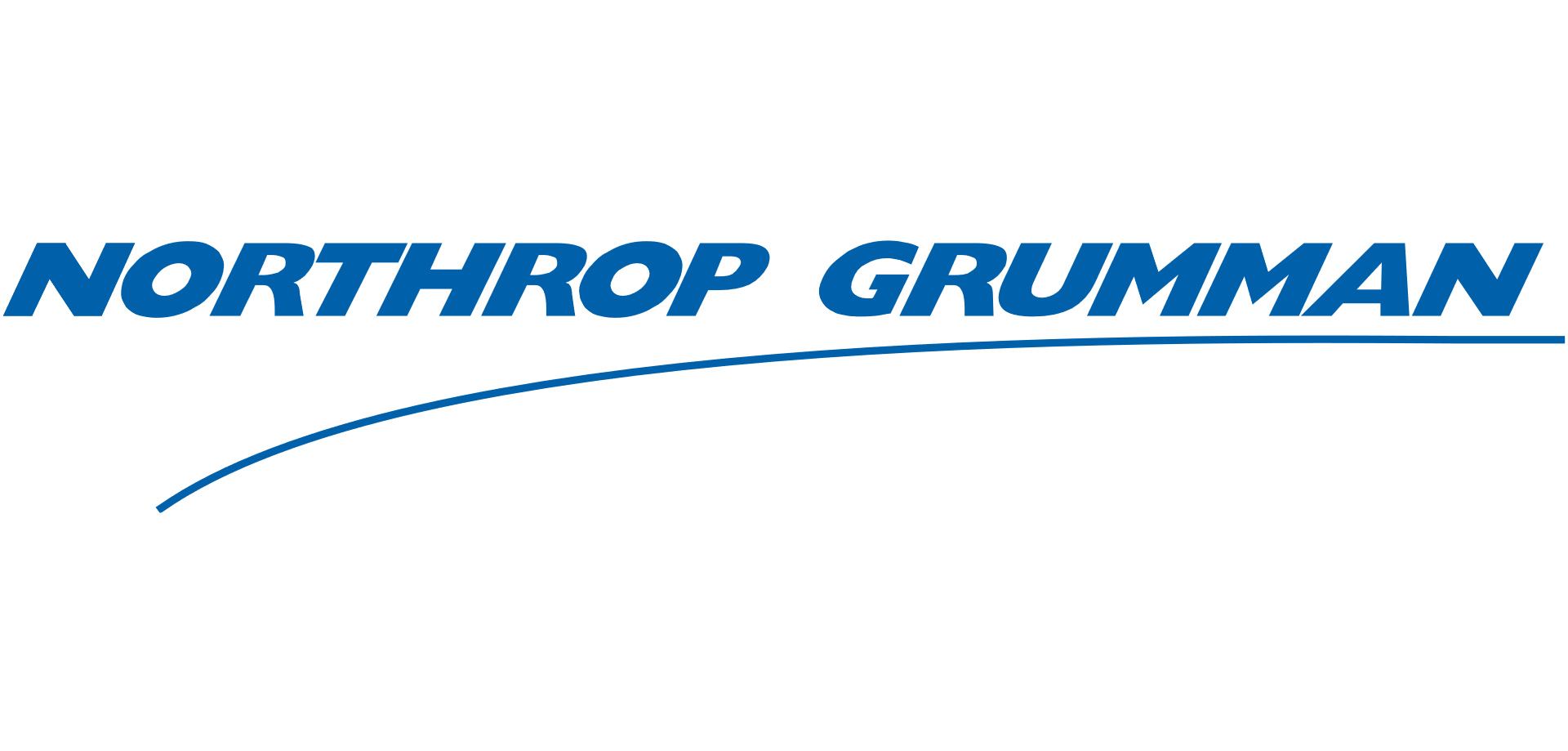System Software for Many and Specialized Core Era
Speaker: Dr. Changwoo Min
Host: MICS
Date: December 8 (Friday), 2017
Time: 2:30 PM - 3:30 PM
Location: Whittemore 654 (6th Floor Conference Room)
Abstract:
Processor technology has underdone a fundamental shift from single-core architecture to many-core and specialized-core architectures. Also, the storage performance of emerging non-volatile memory is closing to DRAM performance, and the bandwidth of emerging network technologies is approaching that of between CPU sockets. Although these advances in hardware technologies open up new possibilities, it is difficult to achieve performance, scalability, and ease-of-programming with current system software. In this talk, I will present my two recent works, Mosaic and Solros, which are designed to overcome such limitations in system software. Mosaic is a graph processing engine which is designed to process extremely large graphs on a single commodity machine using co-processors and NVMe SSDs. I proposed Hilbert-ordered tiles that enables localized processing on coprocessor, improves cache locality, and compression of large graph data. Solros is a new operating system architecture for heterogeneous systems that comprise fast host processors, slow but massively-parallel co-processors, and fast I/O devices. In Solros architecture, co-processor OS (data-plane OS) delegates its services, specifically I/O stacks, to the host OS (control-plane OS). By delegating complex I/O stacks on fast host processors, we make the best use of specialized processors and can efficiently perform global coordination with system-wide knowledge.
Bio:
Changwoo Min is an assistant professor in the Bradley Department of Electrical and Computer Engineering (ECE) at Virginia Tech (VT). Prior to joining VT, he had been a research scientist at Georgia Tech. He generally works in the area of operating systems and systems security. In particular, his focus is how to make operating system more scalable and secure. His research discovered nearly 200 critical bugs in real-world software including the Linux kernel, and his algorithm and benchmark for scalability have been adopted by the Linux kernel community. His work has been published in top-tier systems conferences (SOSP, ATC, FAST, EuroSys, SIGMOD, and PACT) as well as other top-tier security conferences (USENIX Security, and CCS). He received his Ph.D. degree from Sungkyunkwan University (in Korea) in 2014. Before starting his Ph.D., he developed various software products including Linux-based mobile platform (Tizen), Java virtual machine (J9), and desktop operating system (OS/2) in Samsung Electronics and IBM.









